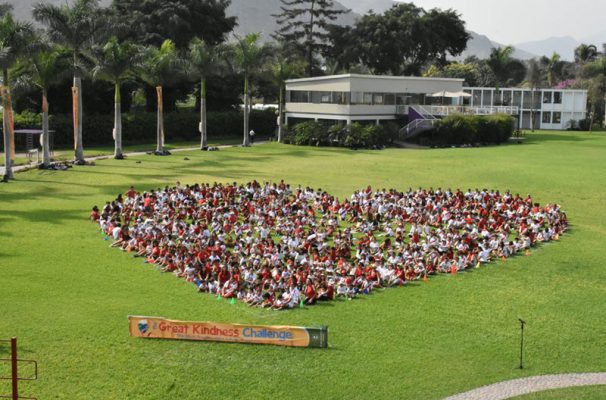In human relations with the community, two opposing paradigms seem to coexist. In the first one, the human being is seen as pragmatic, utilitarian, and selfish because they only want to satisfy their desires and needs, even becoming irrational in seeking their own benefit. This is the premise upheld by sociologist Jordi Busquet when analyzing the behavior of consumer society and the economic system of our times focused on personal utility and commercial profitability above the common good.
In the second paradigm, we see that the human being can be motivated by altruistic purposes that lead them to act with selflessness, solidarity, and compassion, seeking the collective interest above their own needs, even going as far as performing heroic acts and self-sacrifice.
Which of the two approaches do we choose? The answer is: both. People have different levels of awareness and evolution. There are human beings living in precarious states, suffering from the anguish of not having a job or resources to meet their basic needs, a situation that has been complicated in the current situation due to health problems, the pain of falling ill or losing loved ones.
Internationally, some countries are faced with the dilemma of choosing between economic profitability and health preservation. It is a fact that economic resources are not distributed equitably in the world. According to World Bank figures, almost half of the world’s population lives in poverty or extreme poverty. To understand global figures in a simplified way, let’s imagine that the world population amounts to 100 people: 22 of them would not have a secure roof to sleep under, 14 are illiterate, 11 suffer from malnutrition, and only 7 have a university degree, while 6 own 59% of the world’s wealth.
Therefore, many people may now find themselves in the dilemma of risking contagion or dying of hunger. Many are defensive, with heightened fear and anxiety. Others pursue their own goals through acts of corruption and pettiness, disregarding the health or well-being of others.
However, how can we explain that even during a pandemic or emergencies caused by natural disasters, many individuals and organized groups show kind, collaborative, and solidarity behaviors? An important local example is the case of the “oxygen hero” who sold oxygen tanks at very low prices while other speculative merchants raised prices, taking advantage of the pain of families.
Being supportive elevates us as human beings. Being supportive means sharing what we have, whether it is much or little, with those in need. Mother Teresa left us with the following teaching: ‘If you don’t live for others, life has no meaning.’ Furthermore, by contributing to the well-being of others, depression, anxiety, and self-centered thoughts dissipate. Solidarity brings an internal joy that is invaluable.
Let’s teach children and young people to be supportive. In our school, students can demonstrate their solidarity by protecting younger students, being empathetic towards those with different learning paces, welcoming new students, and sharing with neighboring schools that are more deprived. And in this era of distance education, communicating with each other, especially with those who are alone at home.
Let’s remember what Dr. Richard Davidson pointed out: ‘The foundation of a healthy brain is kindness.’ Therefore, let us be kind, supportive, and compassionate to teach our children by example. The benefits will be manifold.


